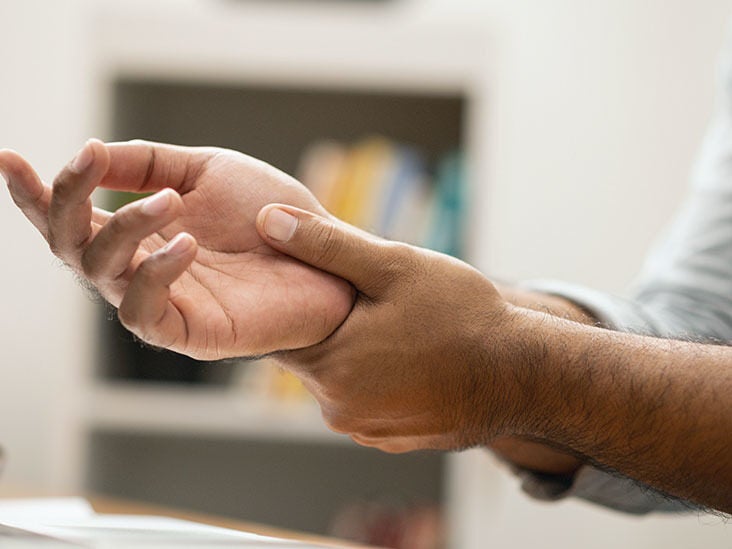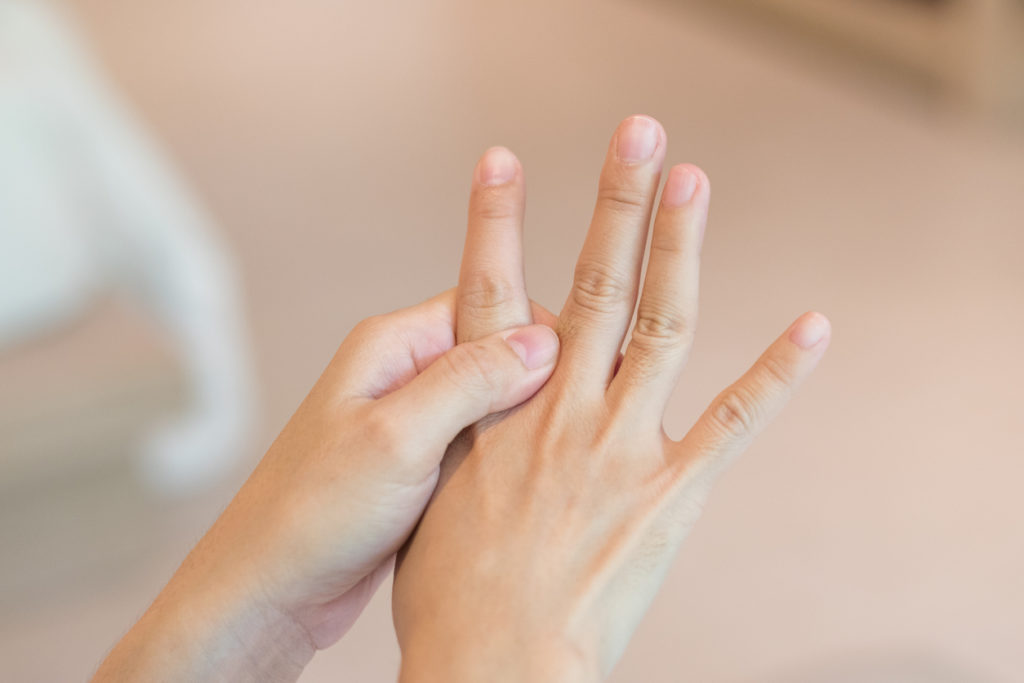Specific signals that your body is asking you to lay back on the alcohol are tingling fingers, stomach problems, and getting hurt quickly. Most people drink excessively. When you drink a lot, your system gets used to it until you realize that you can’t do anything without it.
Drinking a great deal of alcohol will harm your mental and physical wellness in several ways. If you are a drinker, it is valuable that you inform yourself of the amount of alcohol that can cause tingling hands alongside what you can do when you face this issue.
Table of Contents
ToggleWhat Causes Your Hand To Tingle After Drinking?
When a person drinks excessive amounts of alcohol, they can feel a tingling feeling in their limbs. When alcohol affects the peripheral nerves, this can be the outcome.
These nerves connect the spinal cord and brain to every body part. The brain knows how to maintain influence on the body and analyze sensory data due to the peripheral nerves.
Alcoholic neuropathy develops if alcohol uses leads to damaged peripheral nerves. People who drink frequently are more inclined to get this medical problem. The rate of alcoholic neuropathy among Americans with a drinking disorder has been estimated at 65%
How Much Drinking Causes Alcoholic Neuropathy?
Plenty of illnesses and scenarios, like heavy alcohol usage, can bring on neuropathy. Although alcoholic neuropathy is a common outcome of excessive drinking, many alcoholics put two and two together and blame their pain and tingling hands and feet on their drinking.
It can be tough to know just how much alcohol triggers neuropathy because everybody’s body chemistry is different. Due to this, an equal amount of alcohol could leave one person very drunk while causing nothing to another.
Those who have been drinking excessively for many years are the ones most vulnerable to getting alcoholic neuropathy. Alcohol abuse creates damage to the nervous system, which shows itself in a variety of ways.
It typically takes some time, though severe binge drinking can hasten the process. Lowering alcohol intake while receiving treatment for peripheral neuropathy solves such signs.
What Are The Symptoms Of Alcoholic Neuropathy?
Signs of alcoholic neuropathy can appear slowly and may be tough to notice at first. Heavy drinkers can be ignorant that the symptoms are triggered by their drinking. These signs can occur alone or in any combination:
- Sensations of ache, tingling, or other strange phenomena in the limbs.
- Perhaps ongoing constipation or diarrhea.
- Changed sexual function.
- Failure to coordinate the use of one’s feet and arms.
- Less agony after foot or hand injuries.
- Sensitivity loss in the hands, arms, fingers, legs, toes, or feet.
- Toes and fingers that are painful, cut, swollen, or infected.
- Especially dizziness when standing still with the eyes shut.
- Hand or foot weakness.
- Problems keeping a straight course while walking, even when sober.
- Unsteadiness or a lack of balance while walking.
- Uncontrolled leaking of urine.
How Do You Treat Your Tingling Hands After Drinking?

Stopping or considering cutting back on alcohol is an ideal treatment option for a person who suffers from tingling hands caused by alcoholic neuropathy. It is very likely to be the initial solution that the doctor will recommend.
Before going with testing or treatment, some doctors might insist on it. If someone’s addiction to alcohol is serious, a detoxification plan held inside the person’s house is advised.
Others could opt to engage in an outpatient treatment session. Groups like Alcoholics Anonymous and Self-Management and Recovery Training are two examples of groups that offer community-driven help services.
In addition, a doctor could offer possible alternative paths of treatment. Treating the symptoms of alcoholic neuropathy is a vital first step since this illness can make day-to-day activities hard.
Since people are distinct, their treatment plans can be adjusted to suit their specific requirements, which can involve a number of the following:
- OTC Medication For The Management Of Discomfort: The relatively modest pains and discomforts linked with alcoholic neuropathy.
- Vitamin Supplements: Including but not confined to vitamins E, B6, and B12 in their totality.
- Orthopedic Aids: to help with walking and getting up properly. Appliances like stair lifts, pull bars in the restroom, and orthotic aids like footwear with higher heels are all in this category.
- Physiotherapy Or Massage: Doing low-impact tasks and exercises may assist with muscle issues and stability.
- Prescribed Painkillers: Some of these are anticonvulsants, gabapentin, ibuprofen, tramadol, and capsaicin cream.
- Treatments For Troubles With The Urinary System: Includes solifenacin, tolterodine, imipramine, and duloxetine.
- Additional Preventative Measures: They guide people who have gone through a lack of sensation in their daily activities.
In most instances, the harm to the nerves due to this illness is irreversible. The signs will grow worse if you don’t give up drinking. Due to this, you stand a chance of getting disabled, suffering continuous pain, and enduring harm to your limbs.
But the impact of alcoholic neuropathy may be reduced if treatment starts promptly. If you stay away from alcohol while focusing on altering your diet, you could attain a partial to complete recovery.
How Do You Prevent Alcoholic Neuropathy?
You can prevent alcoholic neuropathy by:
- Avoiding getting intoxicated from drinking too much booze.
- Use vitamin supplements. If you have an issue, consult your doctor before starting any supplement plan.
- Sustain a diet that is both beneficial and healthy.
- If there are signs of alcoholic neuropathy, you should refrain from drinking alcohol.
- You should get support if you experience issues keeping away from alcohol.
Conclusion
Left untreated, alcoholic neuropathy leads to chronic pain, a failure to use critical parts of one’s body, and lasting damage. Yet, you may be able to lessen the severity of the issue if you keep an eye out for warning signals and act swiftly to seek health care.
Changing a person’s outlook can be as simple as eating correctly and having enough rest or as extreme as giving up alcohol entirely. Support groups and medical treatments are only two among many choices.
According to the extent of the disease and the time the person drank, persons with alcoholic neuropathy frequently make a full or partial recovery.

I am a passionate beer connoisseur with a deep appreciation for the art and science of brewing. With years of experience tasting and evaluating various beers, I love to share my opinions and insights with others and I am always eager to engage in lively discussions about my favorite beverage.
















